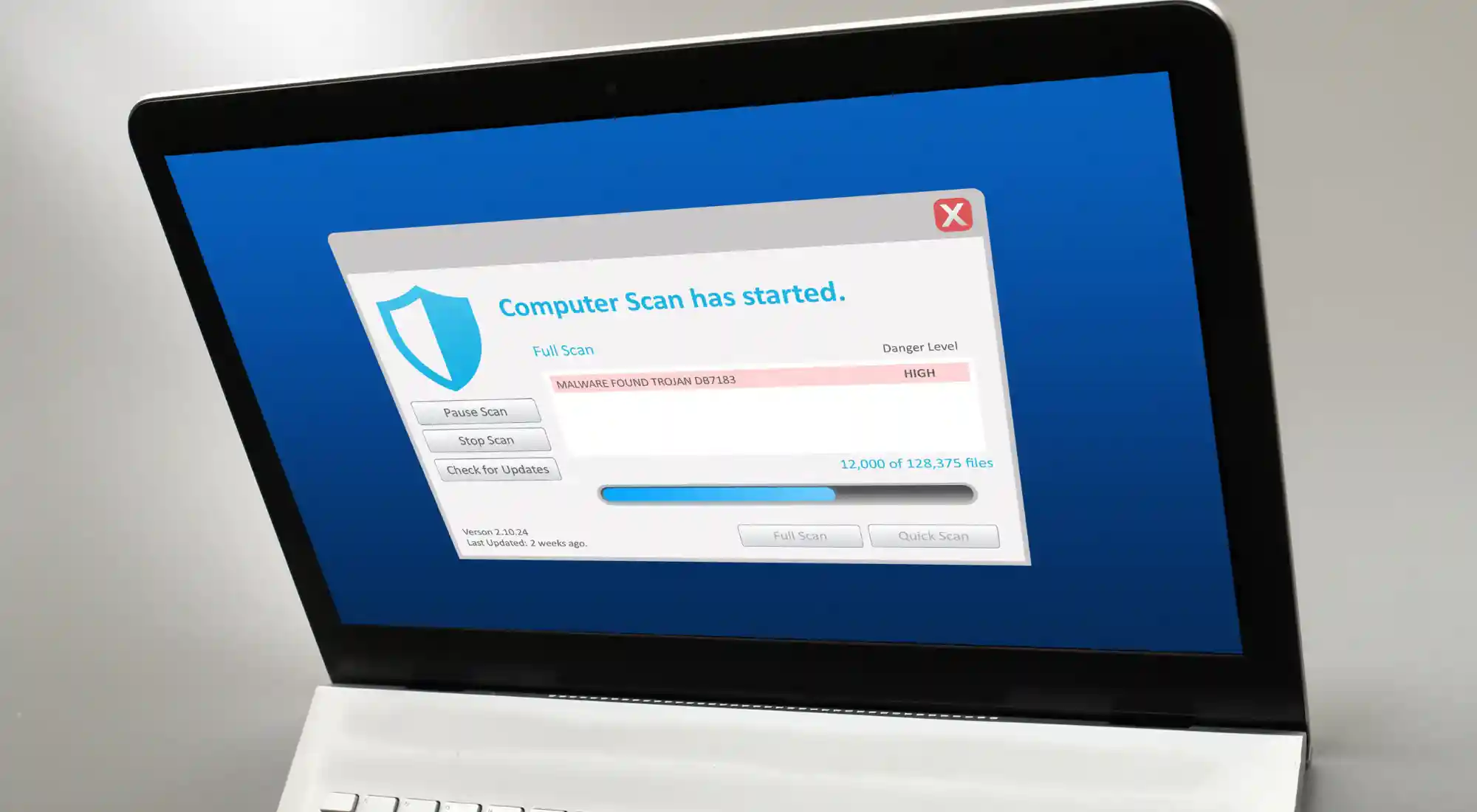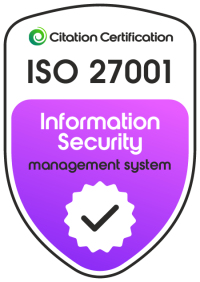In today’s digital age, businesses rely heavily on technology for a wide range of activities, from communication and data storage to financial transactions and customer management. This digital transformation has undeniably brought about significant advantages. However, it has also exposed companies to a continuously evolving landscape of cyber threats. To shield your business from these potential dangers, having antivirus software (or endpoint protection) in place is vital. But it’s not merely about the installation – it’s about configuring it properly and actively managing it to ensure that your business enjoys comprehensive protection.
Why the Two Names?
You might have heard the term “antivirus” used interchangeably with “endpoint protection.” This dual terminology arises from the fact that these tools have expanded beyond traditional virus detection to encompass a broader spectrum of threats. While antivirus primarily targets viruses, it now shields against various malware, ransomware, and cyberattacks. Essentially, “antivirus” is the more common term, but “endpoint protection” reflects the broader nature of these security tools.
Now, let’s delve into the critical reasons why having antivirus (or endpoint protection) is an absolute must:
Evolving Threat Landscape
The realm of cybersecurity is in a perpetual state of flux, with cybercriminals continually upping their game and becoming more sophisticated. If your antivirus software isn’t regularly configured and updated, it may fail to detect new threats, leaving your business exposed to malware, ransomware, and other malicious attacks. Properly configured antivirus software is designed to stay up to date with this changing threat landscape, ensuring your business remains secure.
Zero-Day Vulnerabilities
Cybercriminals frequently target zero-day vulnerabilities in operating systems and applications. These are security holes that developers are unaware of. Adequately configured antivirus offers features like heuristic analysis, which can detect and block suspicious activities that might indicate the presence of zero-day vulnerabilities. This adds an extra layer of protection to your systems.
Real-Time Protection
Properly configured antivirus offers the invaluable benefit of real-time protection. This means the software continuously monitors your systems for signs of malware or other threats. Should a potential threat emerge, the antivirus can instantly quarantine or eliminate the malicious code, preventing any damage or data breaches.
Centralised Management
For businesses with multiple endpoints, proper antivirus configuration enables centralised management. IT administrators can oversee and control antivirus settings on all devices from a single location, simplifying updates and patch management. This approach ensures consistent protection across the organisation.
Regular Updates
Antivirus software requires frequent updates to remain effective. These updates include the latest threat definitions, security patches, and enhancements. A properly configured antivirus is set up to receive automatic updates, ensuring your system is continuously fortified against the latest threats. Missing these updates could leave you vulnerable.
Customised Scanning
Properly configured antivirus empowers businesses to customise scanning schedules. Depending on your organisation’s needs, you can schedule scans during off-peak hours to avoid disruptions. This customisation ensures that the antivirus operates proactively without causing interruptions.
Firewall Integration
Many modern antivirus solutions include firewall features. Properly configuring your antivirus firewall can provide additional layers of security by controlling incoming and outgoing network traffic and blocking unauthorised access. An integrated antivirus firewall offers seamless protection.
Email and Web Filtering
Some of the most significant threats often come through email or web browsing. Properly configured antivirus should encompass email and web filtering to prevent malicious attachments or links from infecting your systems. These filters can identify and block phishing attempts and dangerous websites.
Malware Removal
In the event of a security breach, a properly configured antivirus can effectively remove malware. This not only safeguards your data but also protects the information of your customers and partners, enhancing trust and reputation.
Compliance
Companies dealing with sensitive data, such as healthcare or financial institutions, must adhere to strict regulatory compliance. Properly configured antivirus can help meet the stringent cybersecurity requirements of various industries.
The importance of antivirus (or endpoint protection) in your business cannot be overstated. It’s not just about installing the software; it’s about configuring it correctly and actively managing it. The constantly changing threat landscape necessitates vigilance.
By investing in robust antivirus (or endpoint protection) and maintaining proper configuration, your business can enhance its cybersecurity posture, safeguard sensitive data, and retain the trust of customers and partners. Don’t wait until your business falls victim to a cyberattack – take the proactive step of configuring your antivirus to safeguard your digital assets and reputation.
If you have any concerns about your current antivirus software or need assistance reconfiguring your settings, please reach out to our team. We’re here to help you stay secure.



